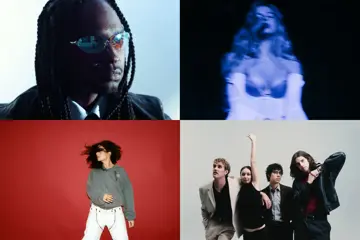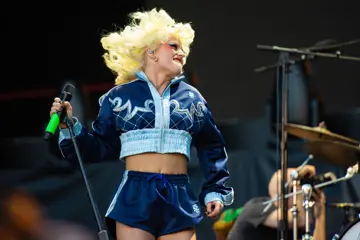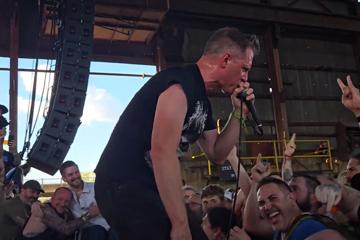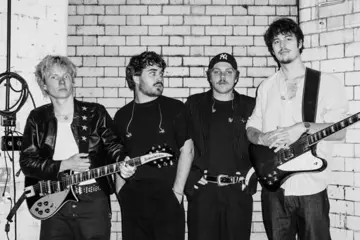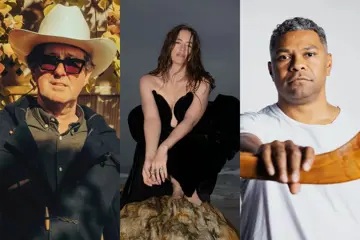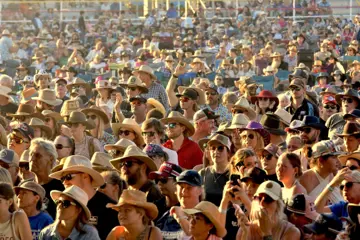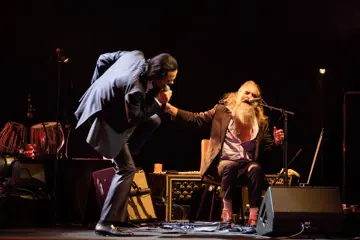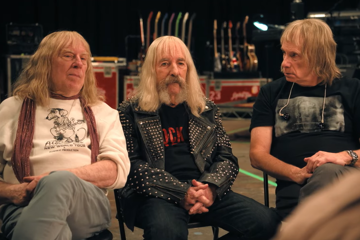"It’s hard to make sense of the logistics of my career,” admits Buffy Sainte-Marie.
“I always just say: for a long time, I’ve existed on the periphery of showbiz. I was Billboard’s Best New Artist the same year as The Beatles, but as soon as Kennedy was assassinated and Lyndon Johnson came into power, you couldn’t hear my music in the US. I was seriously blacklisted by back-to-back administrations, first by Johnson and then by Nixon. The suppression of Native American music, it came along, and it came along hard. But even though I suspected it, I didn’t really know it at the time. It took me 20 years to find out, ’til I got my FBI file. And as for the CIA, well, that took a lot longer!”
"It took me 20 years to find out, ’til I got my FBI file. And as for the CIA, well, that took a lot longer!”
The 73-year-old Cree-Canadian folksinger is a lot of things: the protest artist singing Universal Soldier; the acme model of Native American activism; the writer of Academy Award-winning power-ballad Up Where We Belong; the friendly face that for years beamed out of Sesame Street. Born on a reservation in northern Saskatchewan, Sainte-Marie grew up in Massachusetts, harbouring dreams of being a ballerina and a burning crush on Tchaikovsky. She’d earned university degrees in Oriental philosophy and teaching before she ever started singing, but in 1963, Sainte-Marie, a “natural musician” who could play anything she picked up, set out on a career hoping to both raise awareness of Indigenous issues and travel. “A big perk of show-business is the airplane tickets. I started playing music driven by this desire to see the world, and it’s been, very much, travel-based, ever since. Since the ’60s, my modus operandi has always been to do my city concerts and then get out of there, into the country, and find whatever Indigenous people happen to be around. It’s satisfied a deeper yearning in my heart that showbiz never could. I always bring back a whole lot more than souvenirs; people teach you everywhere you go.”
This includes Australia where, on her first tour here in the late ‘60s, she was shocked to discover that Aboriginal people were considered part of Australia’s native flora and fauna. “It blew my mind! I can tell you, you guys have come a long way in the last 50 years.” She remains optimistic about both social and musical progress, seeing the internet as a forum for both catalysing activism and derailing the “payola and corporatisation” that ruined music after the original rock’n’roll epoch of the late ’50s.
“I’m into originality in music, whether that’s in heavy metal or country. And I’m totally bored by the 90 per cent that’re just sound-alikes and follow-ups. I’ve always tried to make my music as original as possible. And I never learnt to stick to one genre. So, I’ve had hits in country and pop. Rock people play my music. And then there’s the stuff – from the way I tuned my guitars to the way I sing anti-war songs and about Indigenous issues – that’s peculiarly, uniquely me.”

